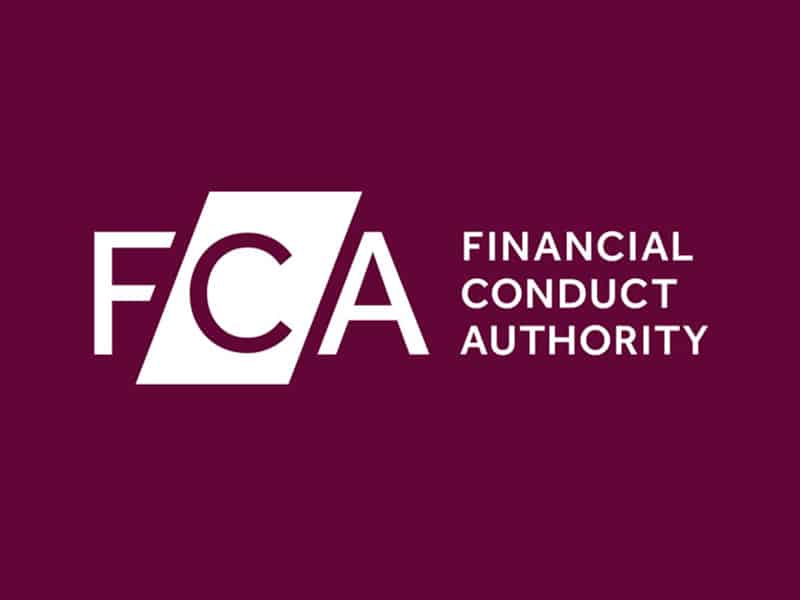FCA Fines Starling Bank £29M (US$35M) for Lapses in Financial Crime Controls
The FCA has fined Starling Bank US$35M for serious failings in its financial crime systems, including breaches in anti-money laundering and sanctions screening. The bank opened over 54,000 accounts for high-risk customers and failed to properly screen against financial sanctions since 2017.
In a significant regulatory move, the UK Financial Conduct Authority (FCA) has imposed a fine of £28,959,426 on Starling Bank Limited for substantial deficiencies in its financial crime systems, particularly related to financial sanctions screening. The fine also stems from repeated breaches of restrictions meant to prevent the bank from opening accounts for high-risk customers.

Insights into Starling Bank
Starling Bank, known for its rapid growth, expanded from just 43,000 customers in 2017 to an impressive 3.6 million by 2023. However, its systems for combating financial crime did not evolve at the same pace as its customer base. The FCA’s 2021 review of financial crime controls among challenger banks highlighted critical gaps in Starling's anti-money laundering (AML) and sanctions framework.
A key issue identified was Starling's failure to comply with FCA-imposed restrictions, which were intended to prevent it from onboarding high-risk customers. Despite this, Starling opened over 54,000 accounts for approximately 49,000 high-risk customers between September 2021 and November 2023.
Further compounding these issues, Starling discovered in January 2023 that its automated sanctions screening system, in place since 2017, had been screening customers against only a limited portion of the official sanctions list. An internal review uncovered systemic failures in the bank’s financial sanctions framework, prompting Starling to report several potential sanctions violations to authorities.
Therese Chambers, Joint Executive Director of Enforcement and Market Oversight at the FCA, expressed the severity of the bank’s failures, stating, “Starling’s financial sanction screening controls were shockingly lax. It left the financial system wide open to criminals and those subject to sanctions. It compounded this by failing to properly comply with FCA requirements it had agreed to, which were put in place to lower the risk of Starling facilitating financial crime.”
The How and FCA response
One notable aspect of this case is the swift pace at which the investigation concluded. The FCA was able to achieve a resolution within 14 months, significantly faster than the average 42 months for cases closed in 2023/24. This demonstrates the FCA’s focus on accelerating enforcement investigations to address serious breaches more effectively.
In response to the fine, Starling Bank has initiated programs to rectify these lapses and improve its financial crime controls. The FCA continues to oversee firms like Starling to ensure they implement the necessary systems and processes to manage the risks of financial crime in a fast-evolving digital banking landscape.
This case highlights the ongoing challenges fintech companies face as they scale, emphasizing the importance of aligning growth with robust regulatory compliance, especially in areas as critical as anti-money laundering and financial sanctions.
